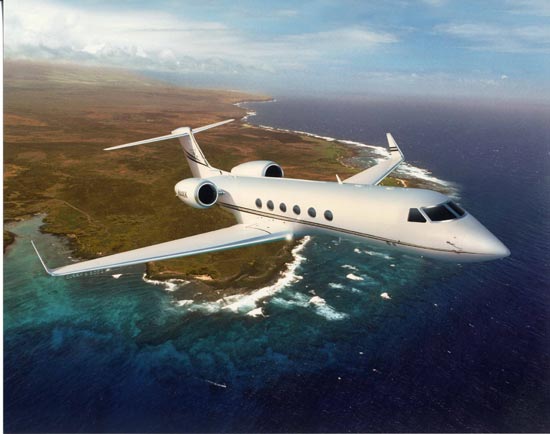Stamp: Airplane via Riga (Latvia 1921)
Airplane via Riga (Latvia 1921)
30 July (Latvia ) within release Aviation goes into circulation Stamp Airplane via Riga face value 20 Latvian rublis
| Stamp Airplane via Riga in catalogues | |
|---|---|
| Michel: | Mi:LV 76A |
Stamp is square format.
Also in the issue Aviation:
- Stamp - Airplane via Riga face value 10;
- Stamp - Airplane via Riga face value 20;
|
Data entry completed
46%
|
|
|---|---|
| Stamp Airplane via Riga in digits | |
| Country: | Latvia |
| Date: | 1921-07-30 |
| Format: | Stamp |
| Face Value: | 20 Latvian rublis |
| Print run: | 285000 |
Stamp Airplane via Riga it reflects the thematic directions:
Aviation is the practical aspect or art of aeronautics, being the design, development, production, operation and use of aircraft, especially heavier than air aircraft. The word aviation was coined by French writer and former naval officer Gabriel La Landelle in 1863, from the verb avier (synonymous flying), itself derived from the Latin word avis ("bird") and the suffix -ation.
An aircraft is a machine that is able to fly by gaining support from the air. It counters the force of gravity by using either static lift or by using the dynamic lift of an airfoil, or in a few cases the downward thrust from jet engines. The human activity that surrounds aircraft is called aviation. Crewed aircraft are flown by an onboard pilot, but unmanned aerial vehicles may be remotely controlled or self-controlled by onboard computers. Aircraft may be classified by different criteria, such as lift type, aircraft propulsion, usage and others.
The Kionga Triangle (German: Kionga-Dreieck, Portuguese: Triângulo de Quionga) was a small region of German East Africa situated at the mouth of the Ruvuma River. The Ruvuma served as the border between the German colony and Portuguese Mozambique, and the Kionga Triangle was the only section of German East Africa south of the river. Its principal settlement was Kionga (now Quionga ) which had a population of 4,000 in 1910. It became a German possession in 1894 but came under Portuguese control in April 1916 during World War I. The post-war Treaty of Versailles reaffirmed that the river was the border between Tanganyika, then under British control, and Portuguese Mozambique. The triangle was the only territory that the treaty awarded to Portugal.


